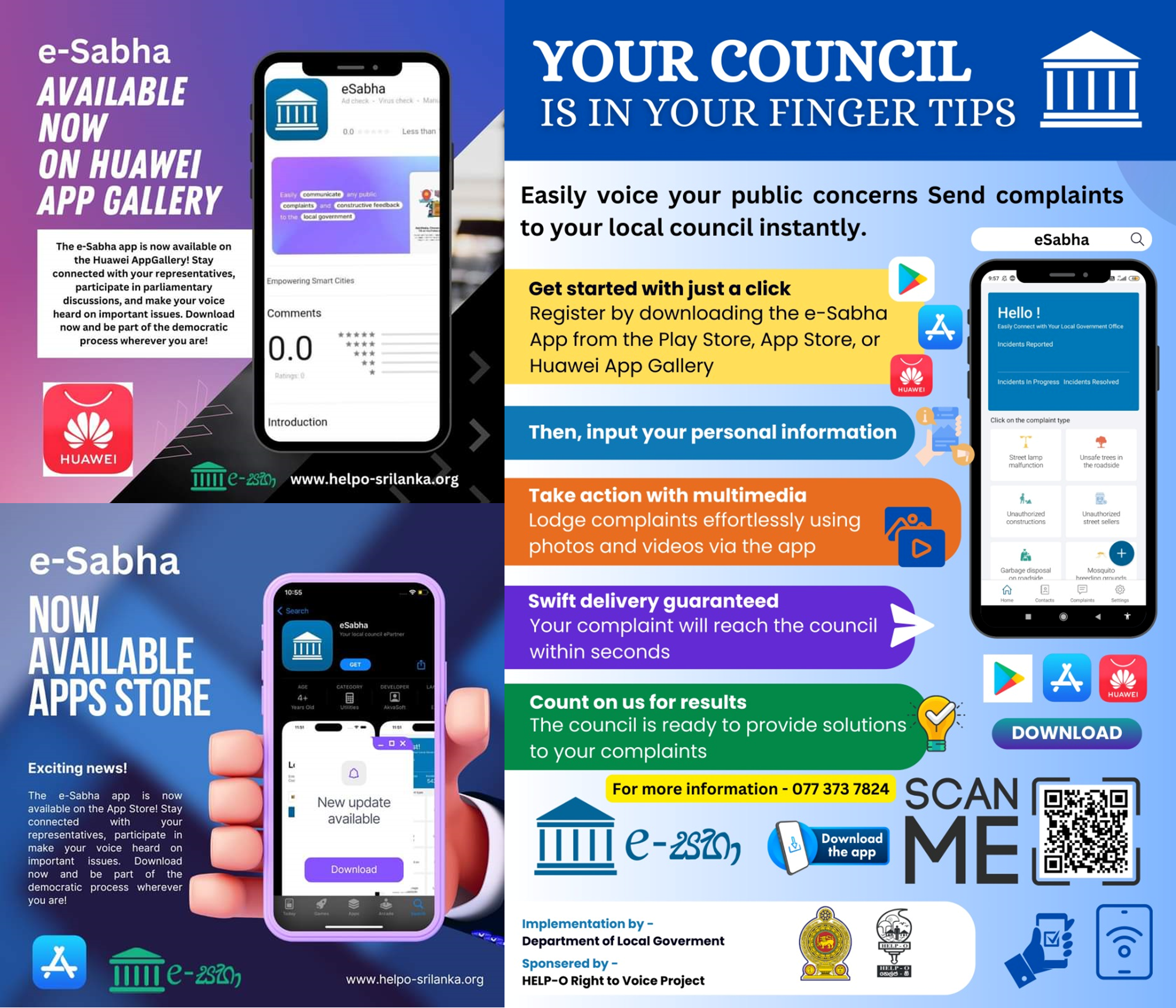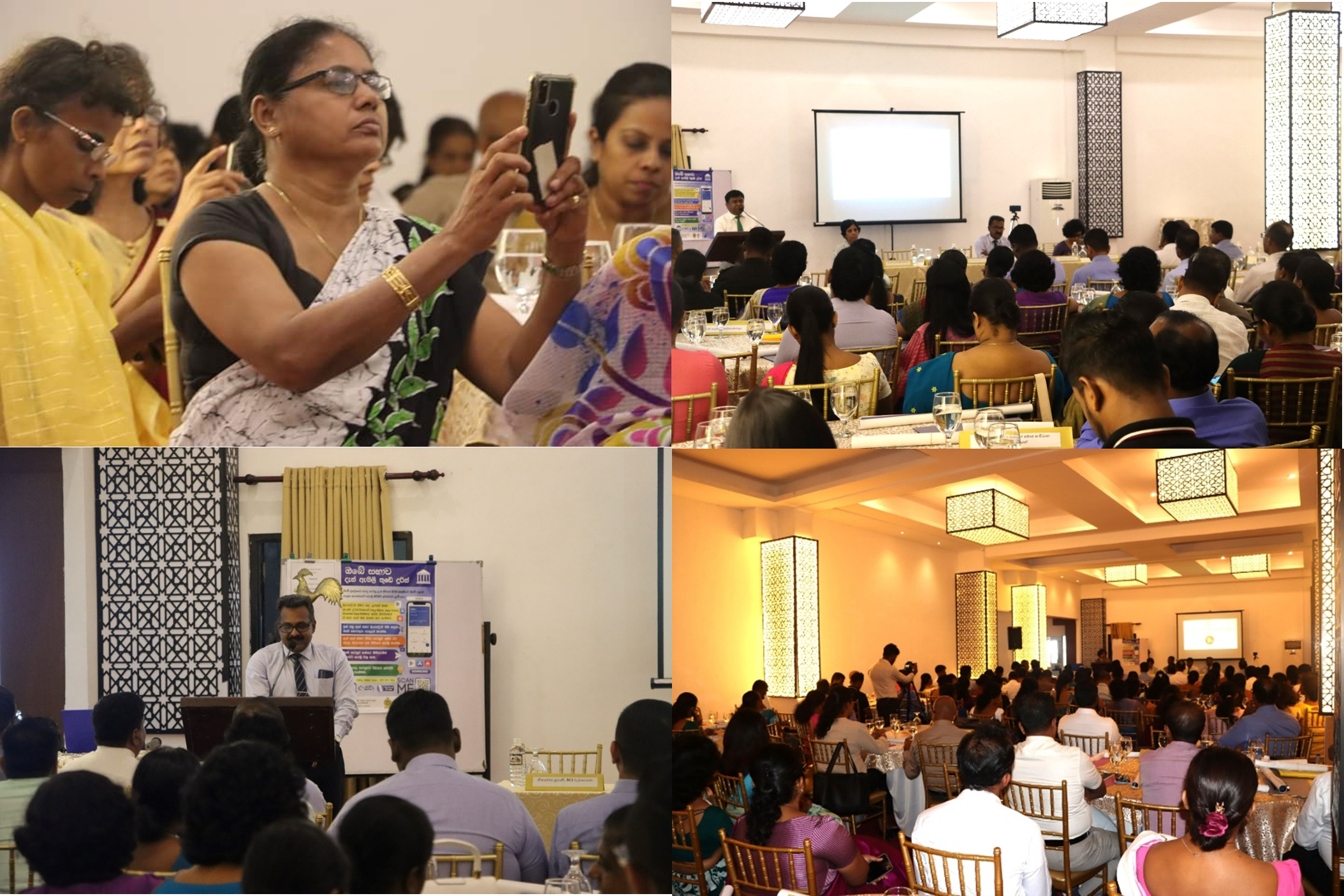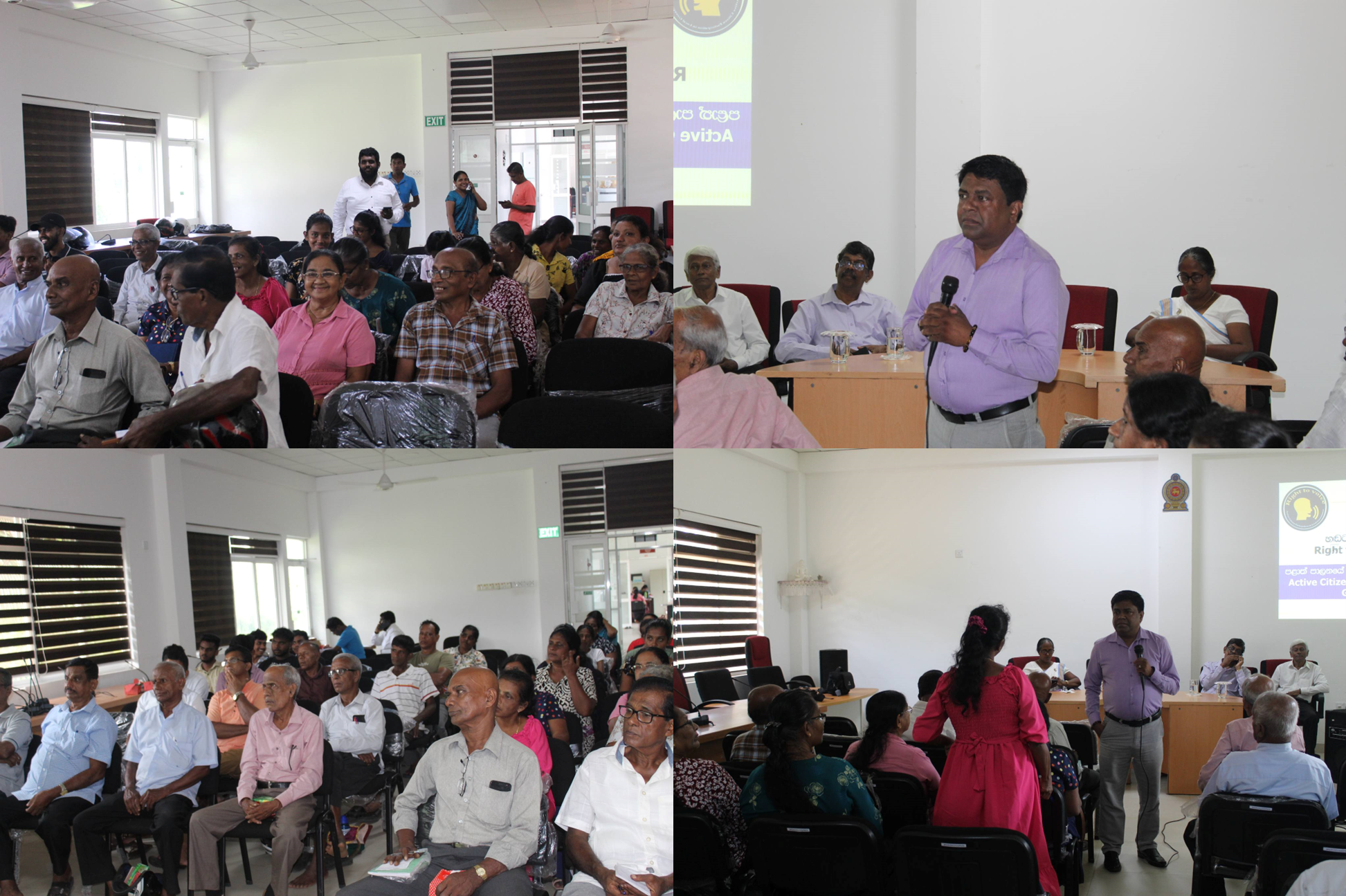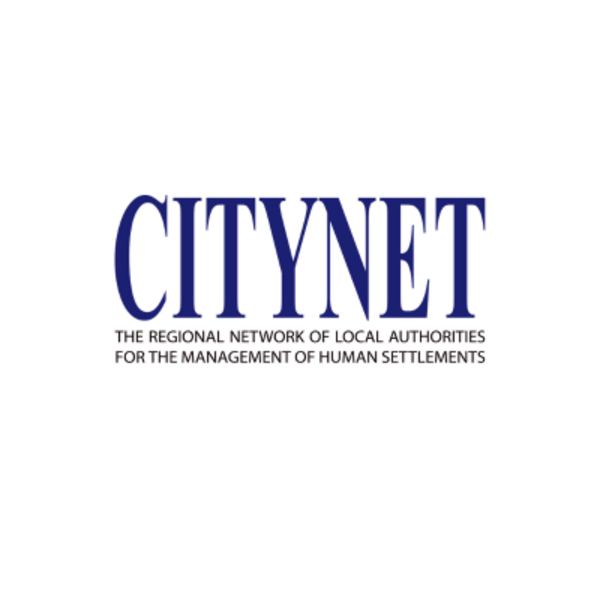 e-sabha app - © Galle Municipal Council
e-sabha app - © Galle Municipal Council e-sabha app - © Galle Municipal Council
e-sabha app - © Galle Municipal Council e-sabha app - © Galle Municipal Council
e-sabha app - © Galle Municipal Council
City
Galle
Main actors
City Government, Community / Citizen Group
Project area
Whole City/Administrative Region
Duration
Ongoing since 2020
The e-sabha platform was introduced to local authorities to ensure effective public service delivery and to provide more opportunities for citizens to participate in the decision-making process for planning, budgeting, and implementation. The e-sabha app also allows public complaints to be directed to their respective local authorities by using mobile phones, eliminating the need for physical visits. This approach fast-tracks responses and ensures a more transparent, accountable, and effective governance mechanism in local authorities.
This is an abbreviated version of the original case study on the Urban SDG Knowledge Platform with information provided by Galle Municipal Council
queues and wasting time to get solutions. There was a huge demand to empower local authorities to ensure effective public service delivery. The app linked all other line agencies, such as the water board, electricity board, and provincial road development authorities, with local authorities. People no longer needed to visit multiple institutions; they could report problems directly, and the local authority would coordinate with the respective agencies to solve the issues.
This initiative has been implemented under one component of the “Right to Voice” project, which mainly focuses on enhancing Active Citizen Participation in Local Government in Sri Lanka. Although acts and ordinances provide for more citizen engagement in local-level decision-making processes, this was not practiced in reality. To address this issue, the project was introduced in Galle city as a pilot project and then expanded step by step to the entire Southern Province.
The introduction of the e-sabha mobile application to local governance was a long process involving relevant stakeholders. The initial idea was generated to enhance community participation in local governance and ensure effective public service delivery. The initial idea was presented to various stakeholders, including government officials, the private sector, civil society, and individual subject matter experts. Based on the ideas gathered, this app was developed with the support of a third-party technical company and demonstrated to local councils, who provided their feedback. The first stage of the project was funded by the TAF of the Asia Foundation to implement this application within ten local authorities in the Galle District.
A series of awareness sessions were conducted for the officials of the local authorities, and the general public was informed about the app to improve their day-to-day lives. A poster campaign and leaflet distribution in public places were key steps taken to publicize this initiative. Posters were displayed at public bus stands, railway stations, religious places, and each Grama Niladhari Division office to raise awareness.
Additionally, community watchdog groups were formed at the local authority level and trained to communicate about this platform. They organised campaigns to socialise this platform and inform people about its use. To ensure the system functions effectively, operational technical teams of each local authority were trained to operate the system properly. This well-networked system is connected to higher-level officials who monitor the system.
Furthermore, this platform is connected with the political authority through local councillors elected in respective local authorities. When people lodge complaints regarding malfunctioning streetlights, fallen trees on main roads, etc., the respective local authority takes necessary actions quickly. The person who lodges the complaint can see the progress of the action taken through a message received from the relevant local authority. If there are unnecessary delays, higher-level officials are alerted, and local councillors also inquire about the responses. The platform also indicates the number of complaints received and the number resolved, updated as a 24-hour service.
Initially, this was developed to lodge complaints, and now it is being developed to serve as a multiple information-sharing platform and a tool to communicate public notices to the people. In addition, it will be developed as a stakeholder consultation tool to collect people's ideas for development planning and comments on development programs. Finally, it is planned to be implemented as a country-level facility by networking all local authorities in Sri Lanka under the supervision of the Ministry of Local Government.
The budget of the initiative is USD 112,474.88. The initiative has received external financial contributions from The Asia Foundation, which have been instrumental in supplementing the allocated budget and providing additional resources necessary for the successful execution of the project.
Internal resources allocated to the initiative include a dedicated team of local government staff, technical experts, and administrative personnel. The Southern Local Government Department of Sri Lanka has committed human resources to manage and oversee the project's implementation. Additionally, experts in regional planning, data analysis, and community engagement have been mobilized to ensure the initiative's objectives are met effectively.
The introduction of the e-sabha mobile application has significantly improved community participation in local governance and public service delivery. It has enabled citizens to lodge complaints about issues such as malfunctioning streetlights and fallen trees, ensuring quick responses from local authorities. The project has benefited local communities in the Galle District by enhancing transparency, accountability, and efficiency in addressing public concerns. The platform's ability to provide real-time updates on complaint resolutions has empowered citizens and increased their trust in local governance.
Success has been measured through various monitoring and evaluation measures put in place. The platform tracks the number of complaints received and resolved, providing a 24-hour service update. The progress of each complaint can be monitored by the individuals who lodged them, ensuring transparency. Additionally, higher-level officials and local councillors are alerted to any unnecessary delays, ensuring prompt action. These metrics have provided clear indicators of the system's effectiveness and responsiveness, demonstrating its impact on improving local governance and service delivery.
Several factors have contributed to the success of the e-sabha app. Key among these are the involvement of various stakeholders during the development phase, the support from a third-party technical company, and funding from the TAF of the Asia Foundation. The comprehensive awareness campaigns and the formation of community watchdog groups have also played crucial roles. However, challenges included ensuring adequate training for operational teams and overcoming potential resistance from local authorities. Addressing these challenges was essential for the successful implementation and operation of the platform.
The e-sabha initiative has been particularly beneficial for disadvantaged and marginalized groups by providing them with a direct channel to voice their concerns and issues. The app's ease of use and the widespread awareness campaigns have ensured that even those in remote or underrepresented communities are informed about its functionalities. By enabling real-time tracking of complaints and ensuring prompt action, the platform has empowered these groups, ensuring their issues are addressed swiftly and efficiently. At the same time, this application mostly benefits for the people with disability and who have difficulties to visit the local authority for finding solitons for the issues they are facing. This has contributed to greater inclusivity in local governance and has improved the quality of life for marginalized populations.
Moreover, this initiative contributes significantly to the national SDG strategies by strengthening local governance and participatory democracy, empowering marginalized groups, promoting innovation through technology adoption, and enhancing community engagement in sustainable urban development. The integration of e-sabha application to the local governance system is a notable innovation.
This is facilitating efficient data collection and analysis that supports evidence-based decision-making in regional development planning. This approach not only enhances transparency and accountability but also fosters inclusivity by empowering youth and community members to actively participate in governance processes.
Overall, the initiative's impact on sustainable development is profound, fostering improved social equity, enhanced infrastructure planning, and strengthened institutional capacities at the local level. By promoting inclusive governance and sustainable community development, it not only addresses immediate challenges but also contributes to long-term resilience and progress towards achieving the SDGs. In conclusion, through its intentional design, innovative data management practices, and alignment with national SDG strategies, the initiative serves as a model for promoting sustainable development and inclusive governance at the local level.
The utilization of a mobile application for local governance was a first-time experience for many people, especially the elderly, who were not familiar with such technology. This was one of the biggest challenges. However, the app engaged more youth, who helped the elderly connect with local authorities through the platform, converting this challenge into an opportunity.
The practice described can be replicated in various contexts, though its success might be influenced by specific local conditions. Key components such as the promotion of women's participation, the use of innovative technology like e-sabha software, and the enhancement of local governance processes have universal applicability. However, local adaptations may be necessary to address unique cultural, political, and socio-economic factors. For instance, the success of e-sabha application hinges on the level of digital literacy and internet accessibility in the target community, while promoting women's participation might require different approaches depending on local gender norms and barriers.
This initiative would be best suited for urban contexts where there is a commitment to improving governance, increasing community engagement, and fostering innovation. Cities that are focused on sustainable development and have a framework in place for integrating new technologies into governance processes are ideal candidates. Additionally, urban areas with diverse populations and a history of participatory planning efforts could benefit significantly from this initiative, as it promotes inclusivity and enhances decision-making processes through active community involvement.
Parties interested in replicating this initiative should consider several key lessons. First, the integration of innovative technologies like e-sabha application can greatly enhance participation and transparency but requires ensuring access to and familiarity with these tools among all community members. Second, fostering inclusive governance requires deliberate efforts to engage marginalized groups, particularly women and youth, through targeted outreach and capacity-building initiatives. Third, aligning local projects with broader Sustainable Development Goals (SDGs) can provide a clear framework and set of objectives that guide planning and implementation. Lastly, continuous monitoring and evaluation are crucial for assessing impact and making necessary adjustments to improve outcomes.
Right to Voice project - video link, Facebook page
External links / documents
On Map
The Map will be displayed after accepting cookie policy

